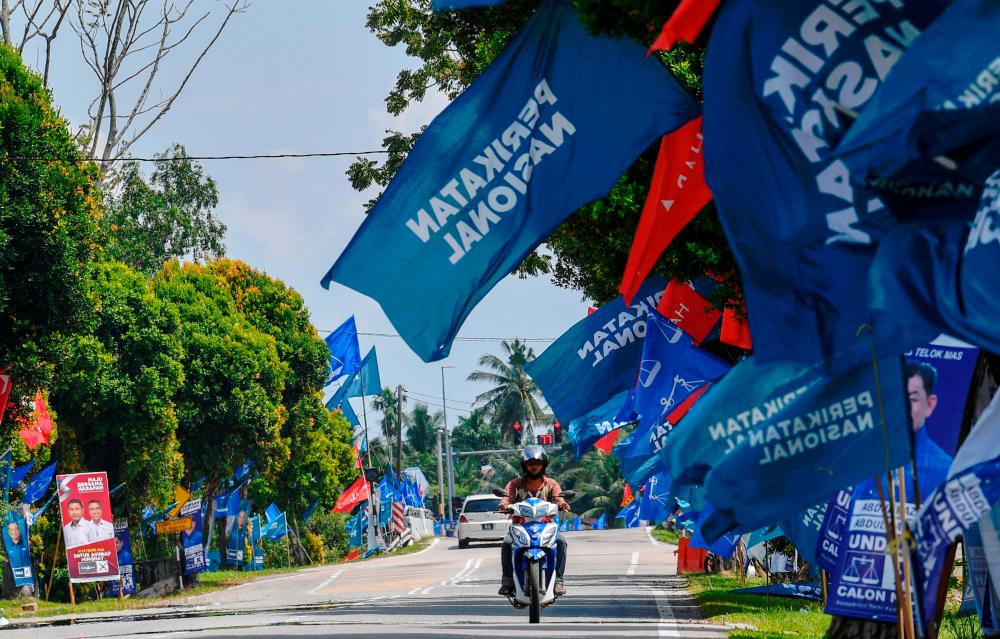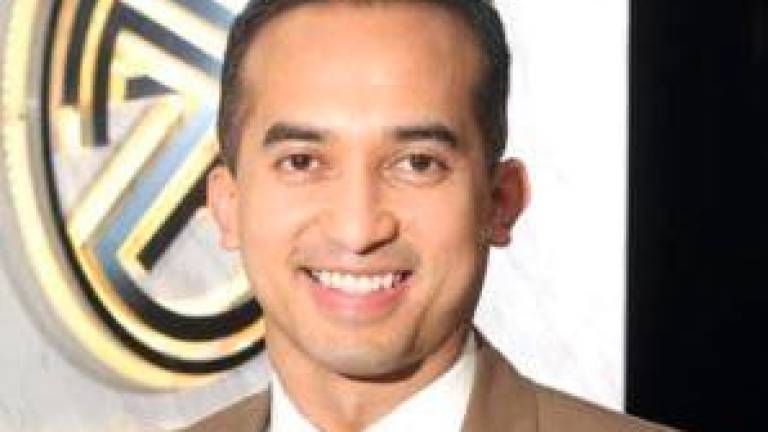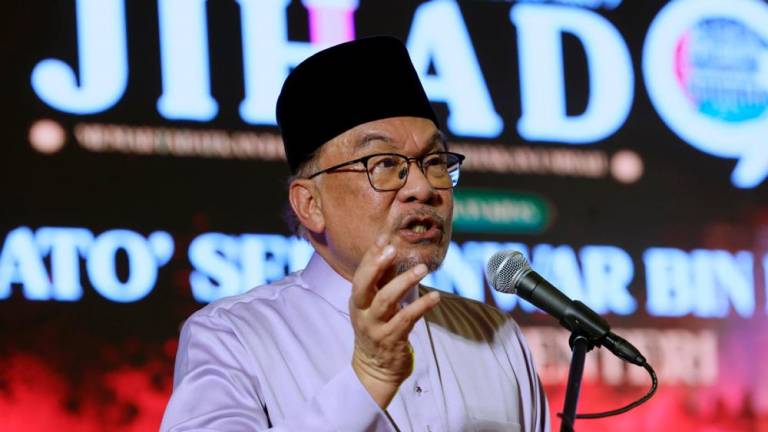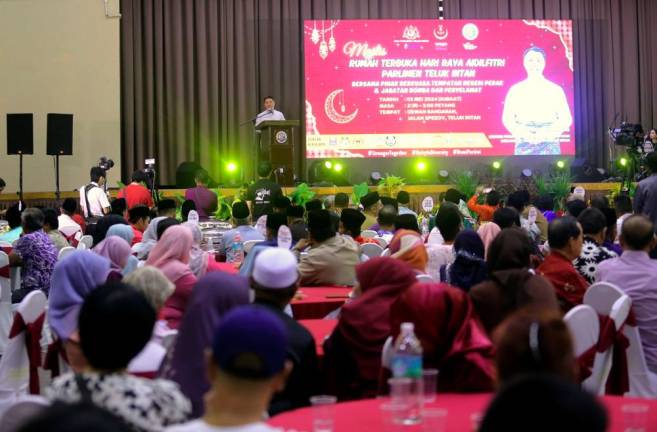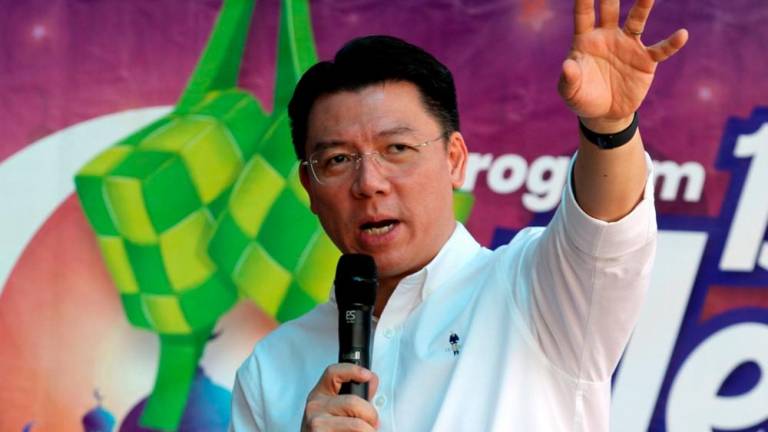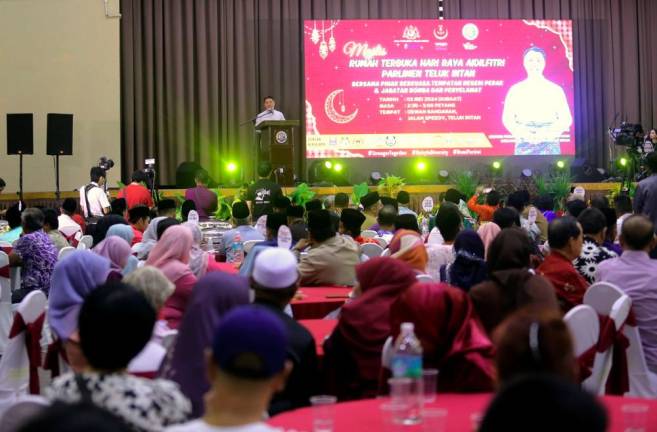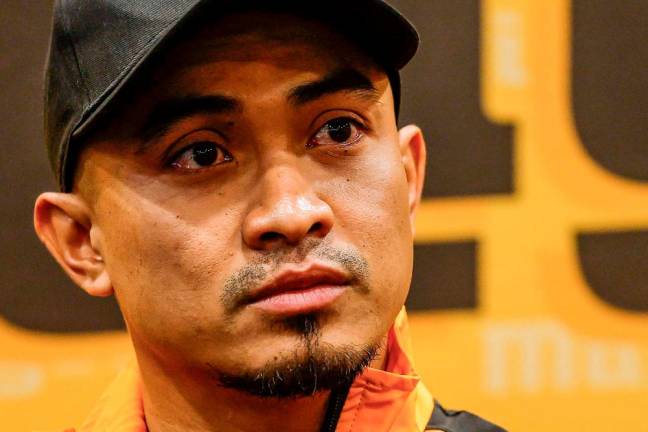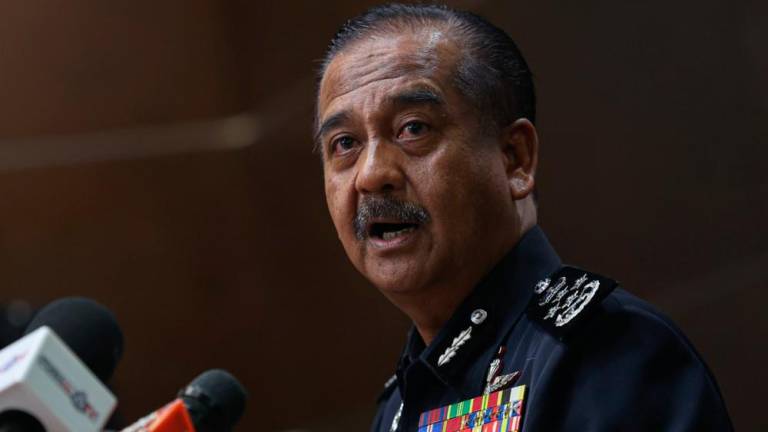MELAKA: The political dynamics in Malaysia following the 14th General Election (GE14) are so fluid that it is unsurprising to find parties forming the government at the federal level squaring off against each other in the Melaka state election.
The tight standard operating procedure (SOP) imposed by the Election Commission (EC) restricting in-person campaigning has had an apparent effect of “levelling the playing field” for contesting parties, especially those lacking party machinery, to woo voters.
The SOP restrictions have also hampered political pundits in their analysis of the current level of support for contesting parties, including the three major coalitions Barisan Nasional (BN), Perikatan Nasional (PN) and Pakatan Harapan (PH), newcomers Parti Bumiputera Perkasa Malaysia (Putra), Parti Perikatan India Muslim Nasional (IMAN) and independent candidates.
Universiti Teknologi MARA (UiTM) Melaka branch Communications and Media Studies Faculty senior lecturer Shafezah Abdul Wahab said current predictions indicate that no single party would be able to command a simple majority of 15 out of the 28 state assembly seats.
Not only would it be hard for any party to secure the 15 seats needed to form the state government, some might even fail to retain seats they won in the last general election.
“PH is facing two tough fights, the six-cornered contest in Duyong and the five-cornered fight in Bemban, but looks comfortable in Machap Jaya, Ayer Keroh, Kesidang, Banda Hilir and Kota Laksamana now,“ she said when contacted by Bernama here.
As things stand, victors are likely to come from the three major coalitions, as they still wield significant influence in contested seats, and new parties Putra and IMAN, along with the independent candidates can hardly muster enough support to mount an effective challenge.
Preliminary findings indicate that BN are comfortably ahead in 10 seats, Kuala Linggi, Ayer Limau, Lendu, Taboh Naning, Asahan, Ayer Molek, Rim, Serkam, Merlimau and Sungai Rambai while PH can rely on 12 seats - Rembia, Gadek, Machap Jaya, Durian Tunggal, Klebang, Ayer Keroh, Bukit Katil, Kesidang, Kota Laksamana, Duyong, Banda Hilir and Bemban.
PN, meanwhile, stands a good chance of securing six seats - Tanjung Bidara, Sungai Udang, Pantai Kundor, Paya Rumput, Telok Mas and Pengkalan Batu.
Based on this, Shafezah said there is a big possibility that parties with the most seats would come together to form the state government, after falling short of securing a simple majority on their own.
“PH only needs seven of the 20 Malay-majority seats, as DAP will have no problem winning the eight Chinese-majority areas, compared to UMNO or Bersatu and PAS, who all need to win at least 15 Malay-majority seats. PH could return to power in Melaka rather easily, thanks to the fight between Umno and Bersatu-PAS.
“If PH falls short of the required seven Malay-majority seats, then we might see Umno, Bersatu and PAS setting their differences aside and come together again to form the Melaka state government.
“We cannot assume what happens in the Melaka state election will be repeated during the 15th General Election because should UMNO win big and Bersatu lose, PAS might have to review its decision regarding which party it would work with in the future,” she said.
Reinforcing this view, BN deputy chairman Datuk Seri Mohamad Hasan was reported to have said during the BN manifesto launch last Wednesday that the coalition was open to any party willing to work together to form the state government.
Meanwhile, Universiti Sains Malaysia (USM) Social Science School professor, Prof Dr Sivamurugan Pandian, said the voter turnout on Nov 20 would determine which party can win the most seats.
He said during early voting today, the sentiment of civil servants, especially the army and police, seemed to indicate support for BN.
“However, come Saturday, we will see whether the percentage of voters meets the EC’s estimated 70 per cent voter turnout.
“Some Melaka voters are unable to return home to vote, especially those living outside the state, fear of the pandemic and protests against parties over candidate choice are some factors that will affect voter turnout.
“Contesting parties need to find the right formula to get voters to come out and vote, as how PH did during GE14 by playing up the sentiment to topple BN at the federal government level,” he said.
Three days remain before 482,549 voters go to the polls to fulfill their civic duty and select their representatives in the Melaka state election this Saturday.-Bernama



